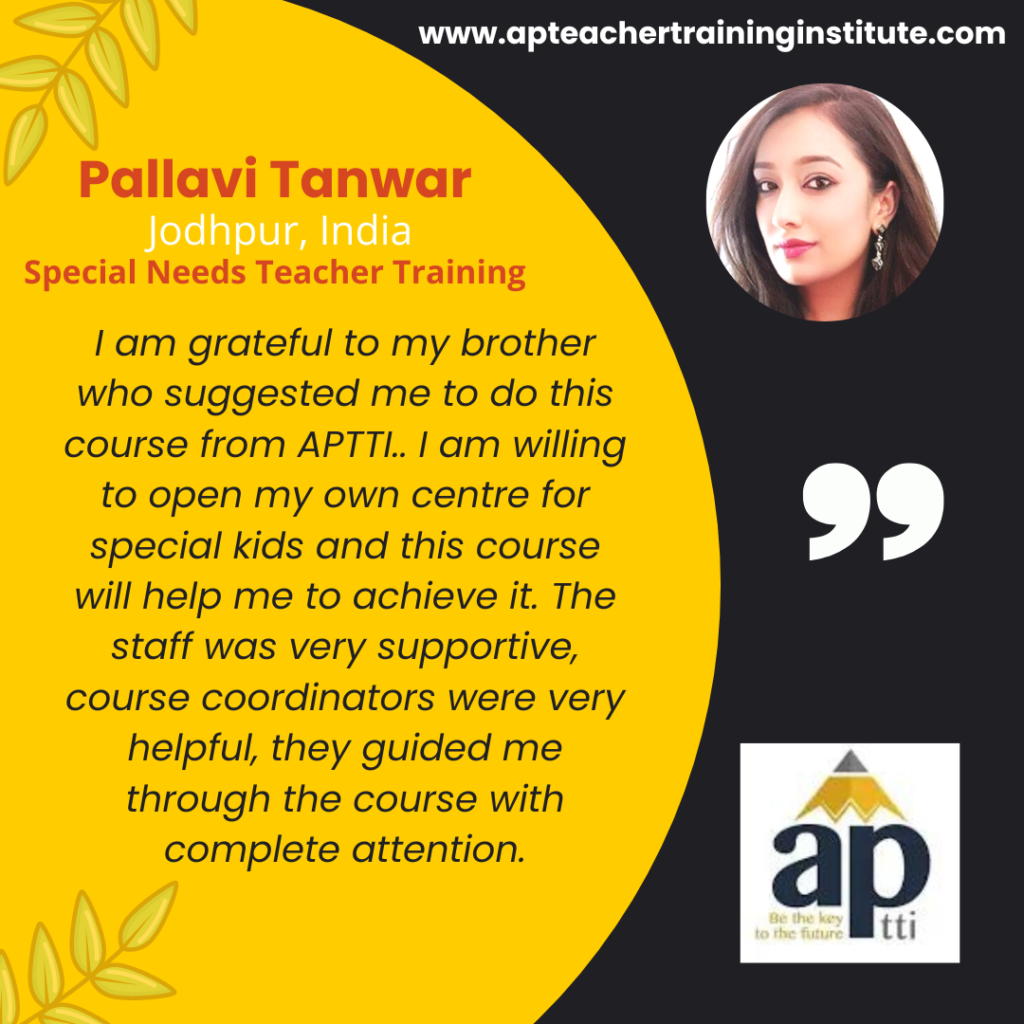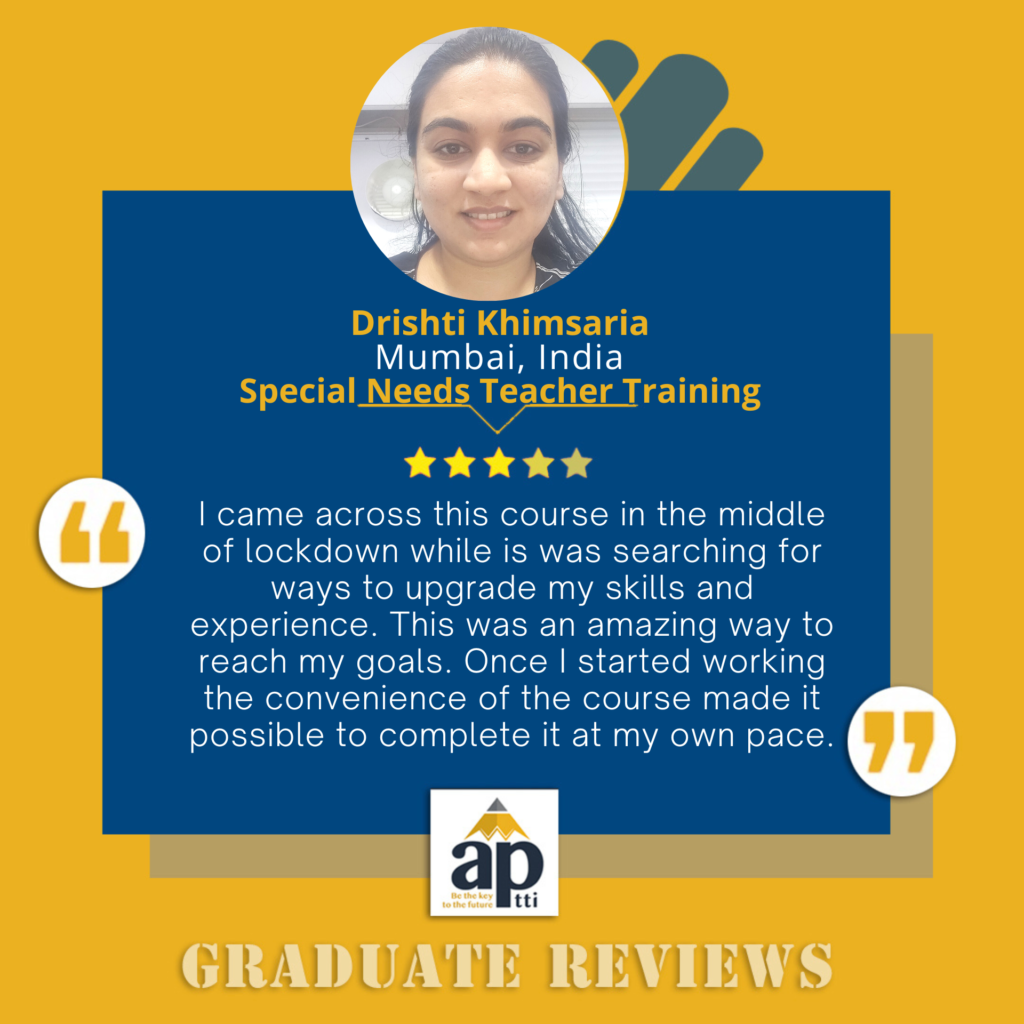Trauma-Informed Teaching: Online Training for Special Education Professionals
This is where special education courses become essential. They equip educators with the knowledge, empathy, and practical strategies needed to identify trauma-related behaviours, respond with compassion, and design inclusive learning environments.
What Is Trauma-Informed Teaching?
Educators who undertake special needs education courses online gain the expertise to identify trauma-related behaviours early and respond appropriately. They learn how to create structured environments, establish trust, and use communication strategies that nurture emotional resilience and learning readiness.

Core Principles of Trauma-Informed Teaching
- Safety: Create emotionally and physically safe spaces for learners.
- Trust: Build predictable routines and transparent communication.
- Empowerment: Give students voice and choice in their learning.
- Collaboration: Partner with parents, therapists, and other educators.
- Cultural Sensitivity: Respect diverse backgrounds and individual differences.

The Connection Between Trauma and Special Education
Students with trauma often exhibit symptoms similar to learning disabilities—such as difficulty focusing or regulating behaviour. As the Harvard Centre on the Developing Child notes, trauma can alter brain development, affecting cognitive growth.
Educators trained through special education courses can differentiate between trauma-related issues and developmental disorders. This understanding ensures children receive proper support through individualized educational plans (IEPs) or emotional interventions.

The Rise of Online Special Education Courses
With education becoming increasingly digital, special educational courses online have become a convenient pathway for professional growth. They allow educators to learn at their own pace while applying knowledge directly in their classrooms.

Benefits of Online Training
- Flexibility: Study without leaving your teaching role.
- Global Networking: Engage with international instructors and peers.
- Practical Insights: Learn through real-life case studies and virtual simulations.
- Certified Learning: Earn special education diplomas recognized globally.
Online platforms provide a blend of theory and practice, making them ideal for both beginners and experienced educators seeking advanced skills in special needs education courses.

Who Started SEN (Special Educational Needs)?
The concept of Special Educational Needs (SEN) began with the Warnock Report (1978) in the United Kingdom. This landmark reform shifted the educational focus from labelling disabilities to addressing individual learning needs.
The SEN framework transformed classrooms worldwide by promoting inclusion, equal opportunity, and understanding for all students—regardless of their challenges.

Why SEN Matters?
SEN matters because inclusive education empowers every learner to reach their potential. Recognizing special educational needs helps reduce stigma and ensures that teaching strategies are tailored to each student’s strengths.
Through special needs education courses, educators learn to foster belonging, emotional security, and resilience among students who may otherwise struggle in traditional systems. SEN isn’t just a policy—it’s a commitment to fairness, empathy, and human dignity in education.

Career Opportunities After Completing Special Education Courses
Completing special education courses or special education diplomas can open a wide range of rewarding career paths:
-
Special Education Teacher
Design and deliver customized lessons for students with disabilities or emotional needs.
-
Behavioural Therapist
Work one-on-one with students to improve behavioural and emotional regulation.
-
Learning Support Coordinator
Plan and monitor inclusive teaching strategies across schools.
-
School Counsellor or Psychologist
Support emotional well-being and conduct trauma-related interventions.
-
Educational Consultant or Trainer
Provide professional training on inclusive and trauma-informed education.
-
NGO or Policy Roles
The demand for professionals skilled in trauma-informed and inclusive education continues to rise globally.

Frequently Asked Questions (FAQ)
Q1. What are special education courses?
Special education courses prepare educators to teach students with learning, physical, or emotional disabilities. They focus on inclusive teaching methods, assessment strategies, and behaviour management.
Q2. Are there special education courses online?
Yes. Many institutions offer special education courses online for teachers who prefer flexible learning. These online programs cover key areas like classroom adaptation, trauma-informed care, and inclusive curriculum design.
Q3. What qualifications are needed for a special education diploma?
Generally, a bachelor’s degree in education or psychology is required. However, eligibility criteria vary depending on the course provider. Advanced special education diplomas may also require teaching experience.
Q4. Why is trauma-informed training important for special educators?
Trauma-informed training helps teachers understand how trauma affects brain development, learning, and behaviour. It empowers educators to create safe environments that promote healing and academic progress.
Empower Classrooms with Inclusive Learning
Enrollment in special educational courses is now being encouraged for educators who wish to create inclusive, compassionate classrooms.



